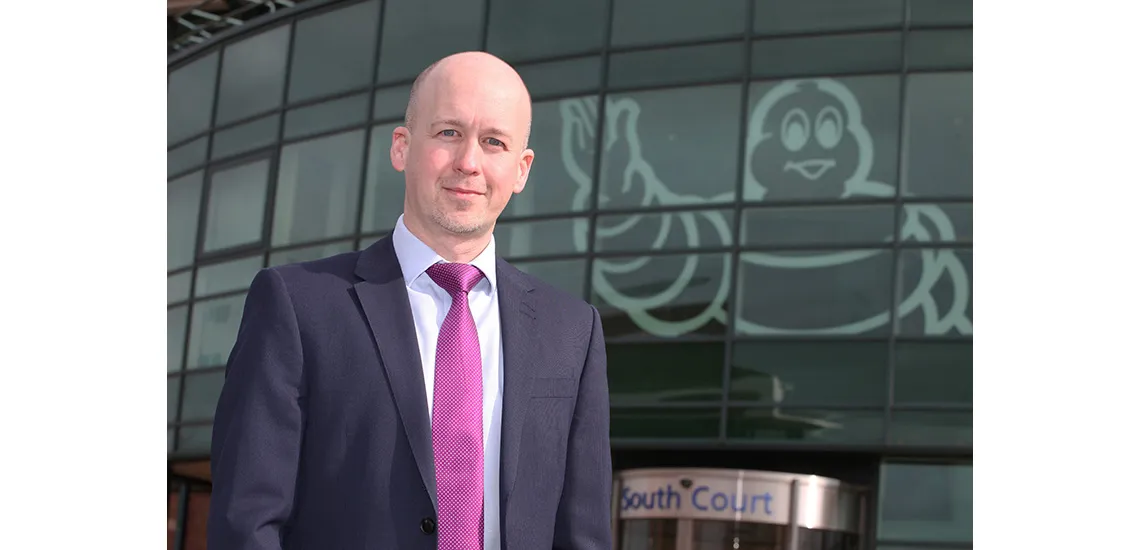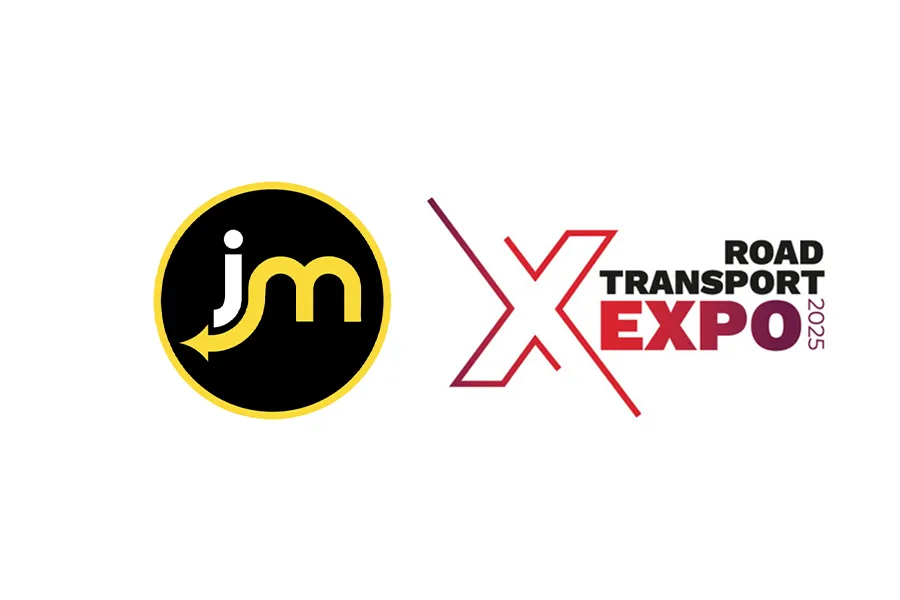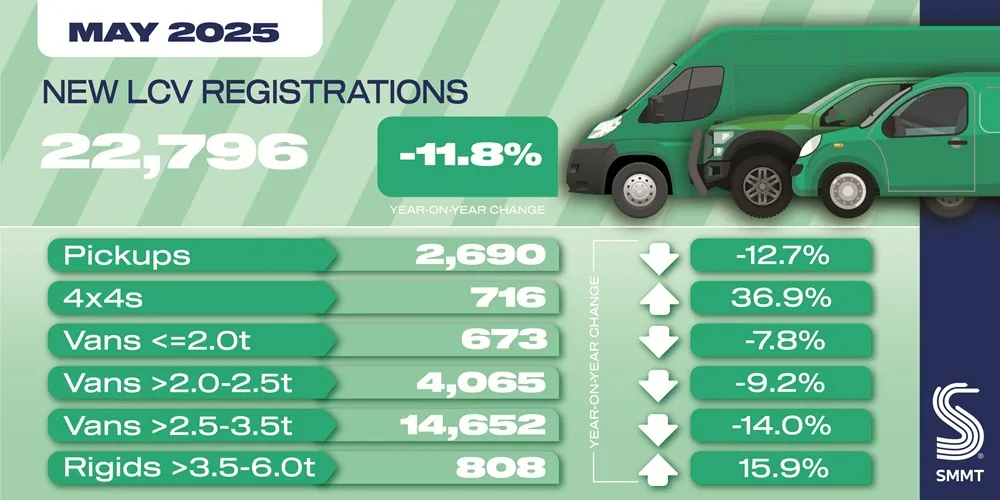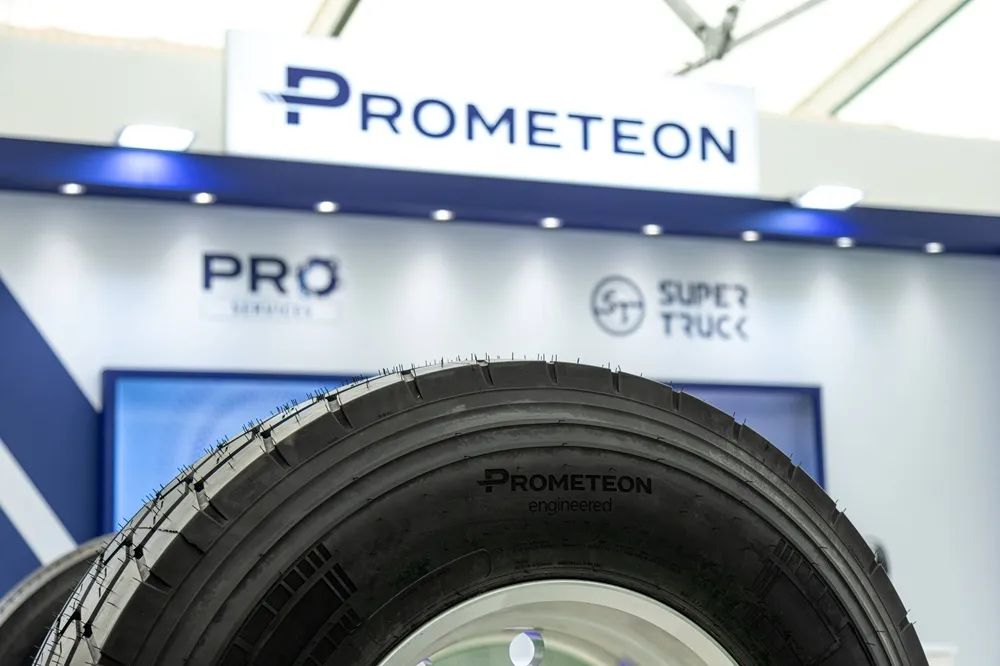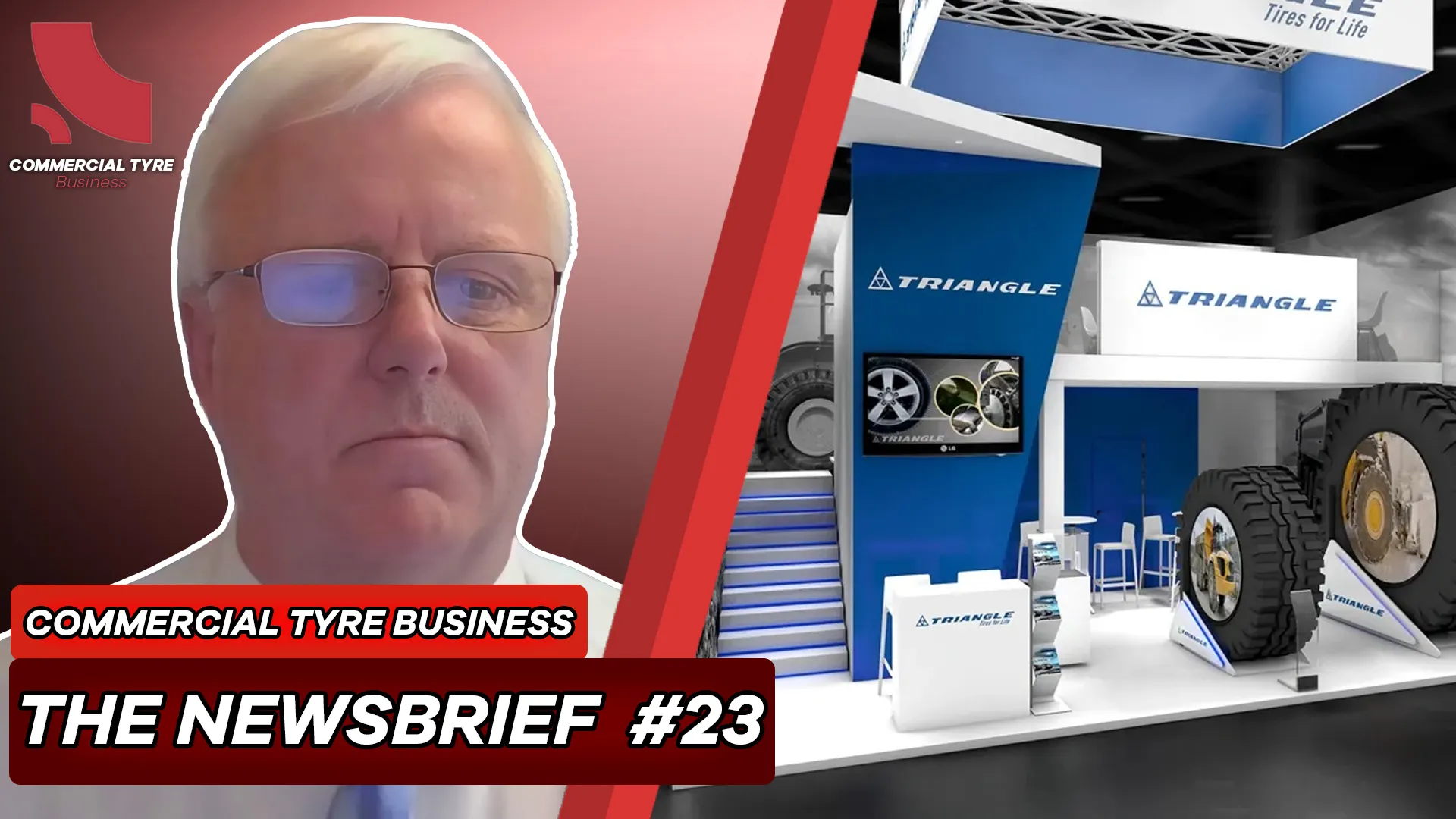Sustainability is the key word in building a business today. Our sister magazine Tyre and Rubber Recycling recently looked at how the tyre industry’s idea of sustainability varied from that of the public.
Andrew French Talks Sustainability
However, Commercial Tyre Business decided to ask some leading tyre manufacturers how they saw sustainability in their business plan.
Commercial Tyre Business will take a look at the responses from the different manufacturers.
In this article, we spoke with Andrew French, Michelin B2B Sales Director for the UK & Ireland.
Asked what Michelin was doi...
Andrew French Talks Sustainability
However, Commercial Tyre Business decided to ask some leading tyre manufacturers how they saw sustainability in their business plan.
Commercial Tyre Business will take a look at the responses from the different manufacturers.
In this article, we spoke with Andrew French, Michelin B2B Sales Director for the UK & Ireland.
Asked what Michelin was doi...

